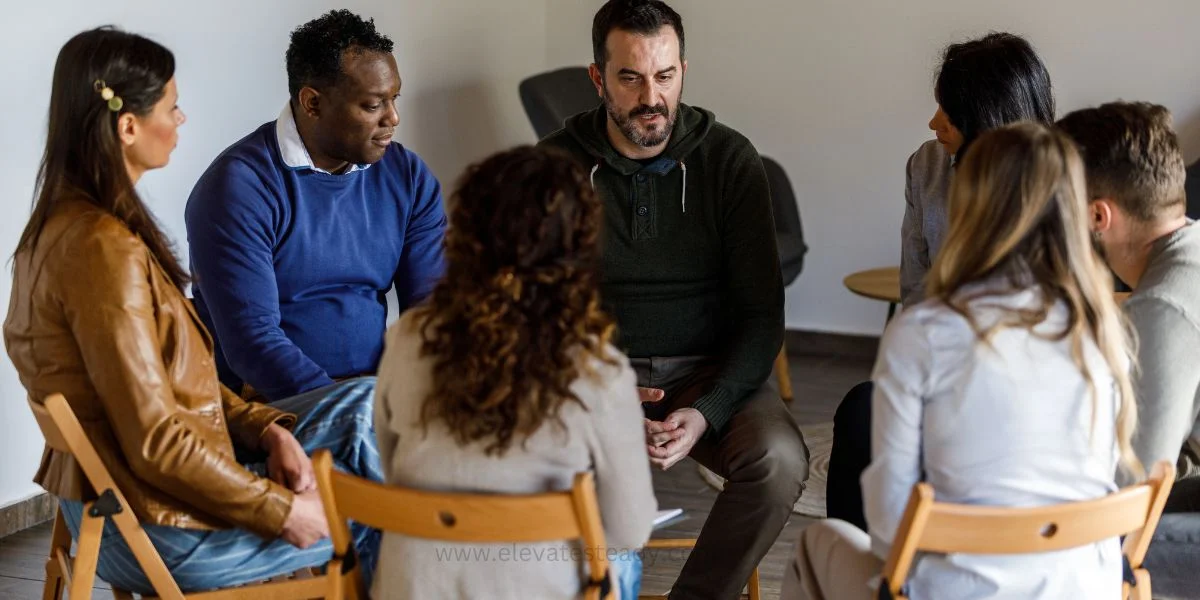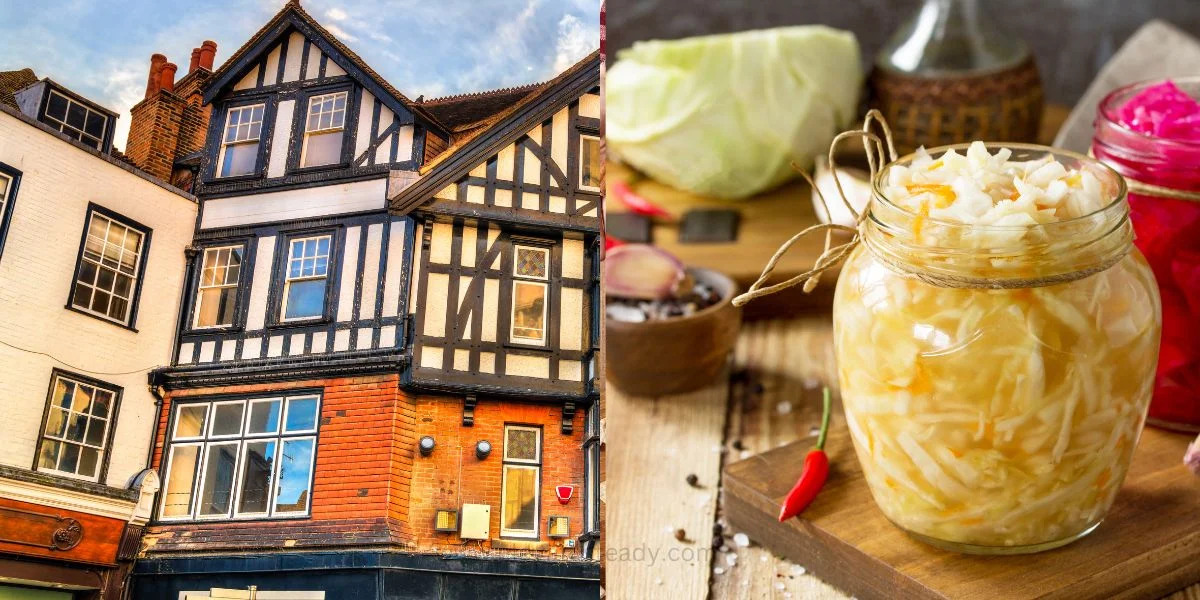The warm ambience of a Sunday roast with guests is only one example of a cherished family ritual. Do you ever get homesick thinking about it? Generations of families have upheld these practices, passing them down through the years. Family ties evolve with culture, though.
Maintaining these vital behaviours while still negotiating modern life can be challenging. Family traditions worldwide unite us in a common bond while providing solace in an uncertain and unpredictable world. In contemporary homes, long-standing traditions can clash with evolving priorities and ideals.
Family Traditions Worldwide
One of these practices is balancing honouring the past and looking forward to the future to keep the family closer together. Family therapy helps families make peace with each other by giving them a safe place to be together and talk things over. Couples and families can better deal with the changes in modern life when they go to therapy and have guided talks and careful thought. Family members will always feel connected and happy when they do each custom this way, which helps the family preserve its memories.
What’s Great About English Family Traditions
What determines a family is its English family customs. These customs are rituals and lifestyle options that affect how family members interact and bond with each other over time. From the delight of holidays to the warmth of a Sunday roast among loved ones, these rituals develop lasting remembrances and a sense of neighbourhood.

What happens when old customs collide with modern life’s changing requirements and values? The difficulty is striking a balance between allowing these traditions to develop and safeguarding their fundamental principles so that they are applicable in a busy modern society. To preserve this unity, English family therapy techniques have become quite essential.
Adjusting Traditions for Modern Families
Current families usually face the challenge of adjusting traditional practices to fit their current lifestyle. Dietary changes may mean the traditional Sunday roast becomes a vegetarian feast, keeping the pattern while adjusting to new preferences. Family therapy English traditions can help in this adaption, supporting families in finding ways to keep their history while welcoming the present.
This method keeps the substance of these customs and ensures they remain applicable and significant for all family members, creating a connection between generations.
Meditating on the Passionate Impact of Traditions in Family Therapy
Family traditions worldwide also allow families to meditate on their traditions’ emotional value. Family members can explore how these customs influence their relationships and individual well-being through directed meetings. This reflection can lead to a more in-depth knowledge of which traditions to keep, change, or let go. By handling these feelings, homes can make judgments that respect their gifts and current needs, promoting continuity while welcoming change.

Navigating the Challenges of Maintaining Family Traditions
As families evolve, maintaining traditional practices becomes increasingly complex. The arrival of new family members, geographic relocations, and shifts in societal values can all disrupt long-standing customs, making it difficult to agree on which traditions should be upheld.
Using English traditions, family therapy offers a structured environment where these challenges can be addressed head-on. This environment facilitates open communication and helps families find common ground. This process helps preserve meaningful family traditions worldwide and ensures they remain relevant and enriching for every family member.
Finding Common Ground Through Open Communication in Family Therapy
In family therapy, open communication is key to resolving conflicts over traditions. Therapists encourage families to share their viewpoints in a non-critical setting, allowing each member to be listened to and understood. This method helps find means concerning everyone’s views, providing that rules grow to help the whole family. By promoting an environment of joint carefulness and understanding, therapy helps families keep balance while guiding the complexity of modern life.
Balancing Custom and Modernity: The Part of Family Therapy
Family therapy can help families balance preserving traditions and embracing modern practices. A family that celebrates traditional holidays in a way that includes old customs and new activities that reflect their current lifestyle can observe their gift while staying pertinent to their present cases. By using new ideas and traditional values, families can form a dynamic, growing culture that admires the past while looking to the future.

Coping with the Loss of Traditions: Support Through Family Therapy
Letting go of certain traditions can be an emotional process. Family therapy provides support during this time, helping families grieve the loss of customs that no longer serve them. By recognizing the emotional effect of these changes, families can move forward with closure and blessing. This comeback process is essential for keeping family unity and ensuring that new traditions can be welcomed positively.
The Role of Family Therapy in Preserving English Traditions
Family therapy plays a key role in helping families guide the light balance between keeping beloved family traditions worldwide and assuming necessary changes. By supplying a safe distance for meetings, therapy authorizes families to meditate on the importance of their businesses, adjust them to fit the needs of modern life, and make educated decisions that keep their collective values. This process strengthens family bonds and supports the importance of custom as a source of strength and continuity in the face of change.

Certifying Families to Make Informed Decisions Through Therapy
Therapists empower families to make informed decisions about their traditions. Family therapy enables families to evaluate their customs thoughtfully and choose a path that aligns with their collective values by providing a safe space for discussion and reflection. This empowerment fosters a sense of agency and unity within the family, ensuring that traditions strengthen their bond.
Supporting Families Through Transitional Periods with Family Therapy
Family therapy is especially beneficial during transitional periods, such as the arrival of a new family member or a significant life change. These times often prompt a study of rules, and therapy can coach families through the process with sympathy and mercy. By managing these changes proactively, families can preserve their connection to tradition while adjusting to new realities. This bold approach ensures smooth transitions and that traditions continue to play a significant role in family life.
The Impact of Family Therapy
Family therapy helps families build strength by supporting the positive parts of their family traditions worldwide. Therapy supports the family’s sense of belonging by concentrating on the importance and codes of these customs, making them more resilient in the face of change. This stability is key to keeping strong family ties, even as the world around them grows.
Family Therapy and the Evolution of English Traditions
Family therapy is key in combining traditional family traditions worldwide with current lifestyles. These traditions, such as Sunday roasts and family gatherings, are deeply rooted in English culture and serve as a basis for family bonds. However, as times change, so do families’ needs. Family therapy offers a space for families to adapt to these customs, ensuring they remain relevant and meaningful. By focusing on the emotional significance of these traditions, therapy helps maintain continuity while embracing necessary changes.
Evolving Traditions Through Family Narratives

In English culture, traditions often carry stories passed down through generations, shaping the family’s collective identity. Family therapy provides a platform for revisiting and retold these narratives, allowing each member to connect with their heritage meaningfully. Families can adapt traditions to align with their current realities by exploring the stories behind their customs without losing the original intent. This narrative approach helps preserve family traditions worldwide, ensuring they remain a source of unity and continuity for future generations.
Adapting Traditions to Modern Needs
In a fast-paced world, the original intention of many family traditions worldwide can become confused. Family therapy supplies a space for families to delve into the past of their businesses, rediscovering the purposes and matters that gave rise to these rules. By reconnecting with the roots of their practices, families can gain a more serious understanding of these rituals and find new ways to combine them into their current lives. This process keeps the genuineness of family traditions worldwide and allows them to grow inherently, ensuring they remain a rich part of the family’s uniqueness.
Addressing Emotional Challenges in Tradition Evolution
Changing or letting go of traditions can bring emotional challenges. Family therapy offers a supporting background to handle these emotions, helping families helm the suffering or opposition that might attend to such changes. By supplying a space for open talk and meditation, therapy allows families to process these emotions, ensuring that any transitions are taken with care. This approach helps maintain family unity and resilience in the face of change.
FAQs
Q1: Why, before all else, is family therapy important?
Family therapy seeks to mend relationships, resolve conflicts, and encourage more frequent communication among family members. Families can work through issues like keeping or changing family traditions worldwide in a healthy setting.
Q2: How may family therapy retain English customs?
Families receiving family therapy can talk and think about their customs. This enables people to retain their basic principles and discover ways of adjusting their way of life to fit modern living.
Q3: Which family therapies are most often applied?
Methods like conversation analysis, mindfulness exercises, and role-playing are often utilized. Family members can better understand each other’s points of view and work together to fix issues when they come up.
Q4: Can family therapy help to resolve arguments on evolving standards?
Therapy allows families to talk about their problems and find common ground. It provides a safe space for honest conversation when family norms need to change.
Q5: Why is a change in family traditions worldwide over time relevant?
Growing families and changing society’s expectations call for relevant and meaningful custom adaptation. Family therapy helps a family carefully negotiate these changes while maintaining its core.
